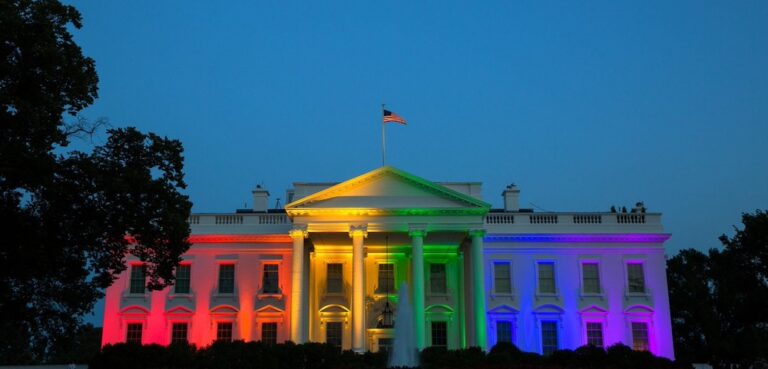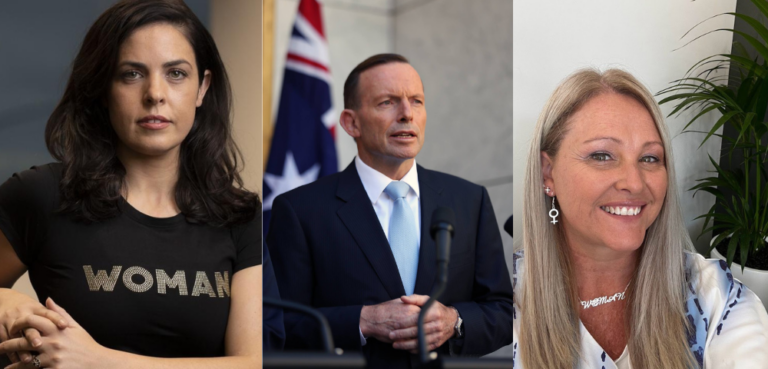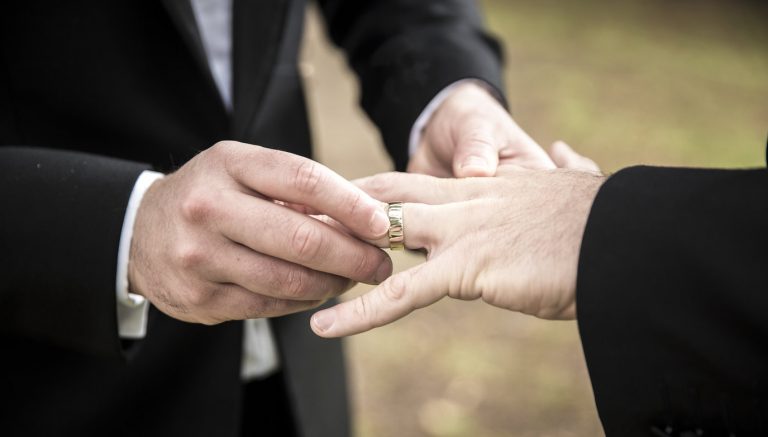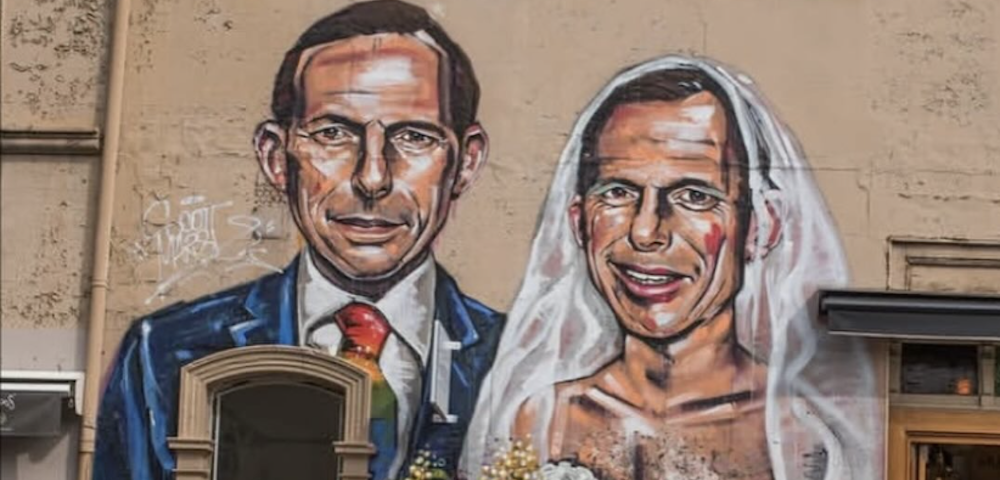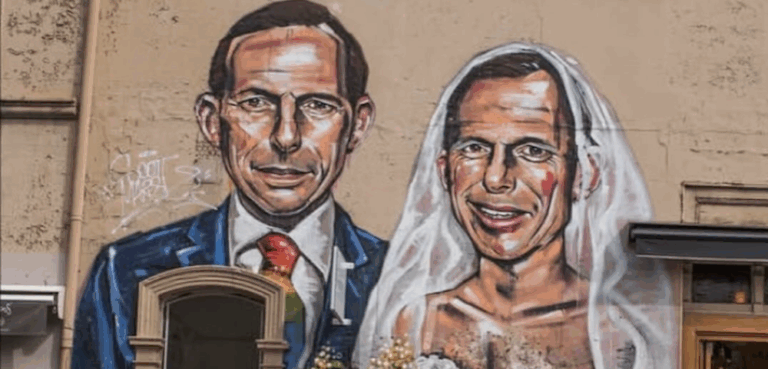
Here’s how to make sure you can vote in the postal plebiscite
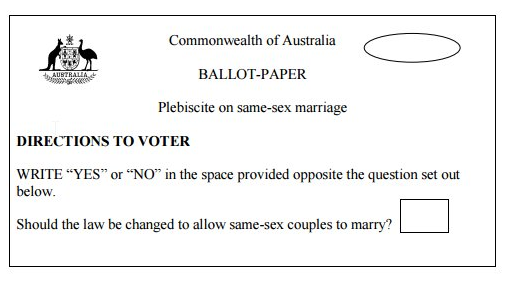
WITH the threat of a postal plebiscite looming large, it’s time to start having a practical discussion about what to do if it goes ahead.
The Senate today rejected the reintroduced plebiscite legislation, meaning the Coalition government is now likely to forge ahead with the their misbegotten plan for a voluntary postal plebiscite.
Marriage equality advocates are preparing to challenge the $122 million plebiscite‘s constitutionality in the High Court.
In the meantime, we need to have a practical conversation about making sure you will be able to vote in a postal plebiscite.
The Australian Bureau of Statistics administering ballots, but they will be using information on the electoral roll to issue ballots.
This means that if you have recently moved house or changed your name, you need to contact the Australian Electoral Commission (AEC) to update your details to ensure you receive your ballot in the mail.
You can check the current status of your enrolment by going to this address: Check your enrolment status
If you aren’t already enrolled, it can take as little as five minutes to submit the enrolment form online: Enrol to vote
It can take up to three weeks for the AEC to process enrolments or changes, so this is a matter of urgency.
If you or someone you know is living and working overseas, or may be travelling while the postal plebiscite is undertaken, you will need to register as an overseas voter with an overseas address to ensure you can have your vote counted: Enrolling to vote if if you live overseas or are travelling
If you are an overseas voter who is registered to vote at a consulate or embassy, you will not receive a ballot.
There are a number of other special categories you or someone you know may fall into listed on the AEC website, including prisoners, people with no fixed address, or people travelling within Australia.
If the postal plebiscite is going to happen, it’s our responsibility to talk to supportive friends, relatives and acquaintances to ensure they will be able to have their say.
The AEC has said that roughly 280,000 young people are not on the electoral roll. Young people are demographic most supportive of marriage equality, and their enrolment could be vital in returning a supportive vote.
Voluntary postal ballot elections in the past show that participation rates among young people are drastically lower than the rest of the population.
UPDATE: The deadline to enrol or update your details to receive a ballot is August 24.
